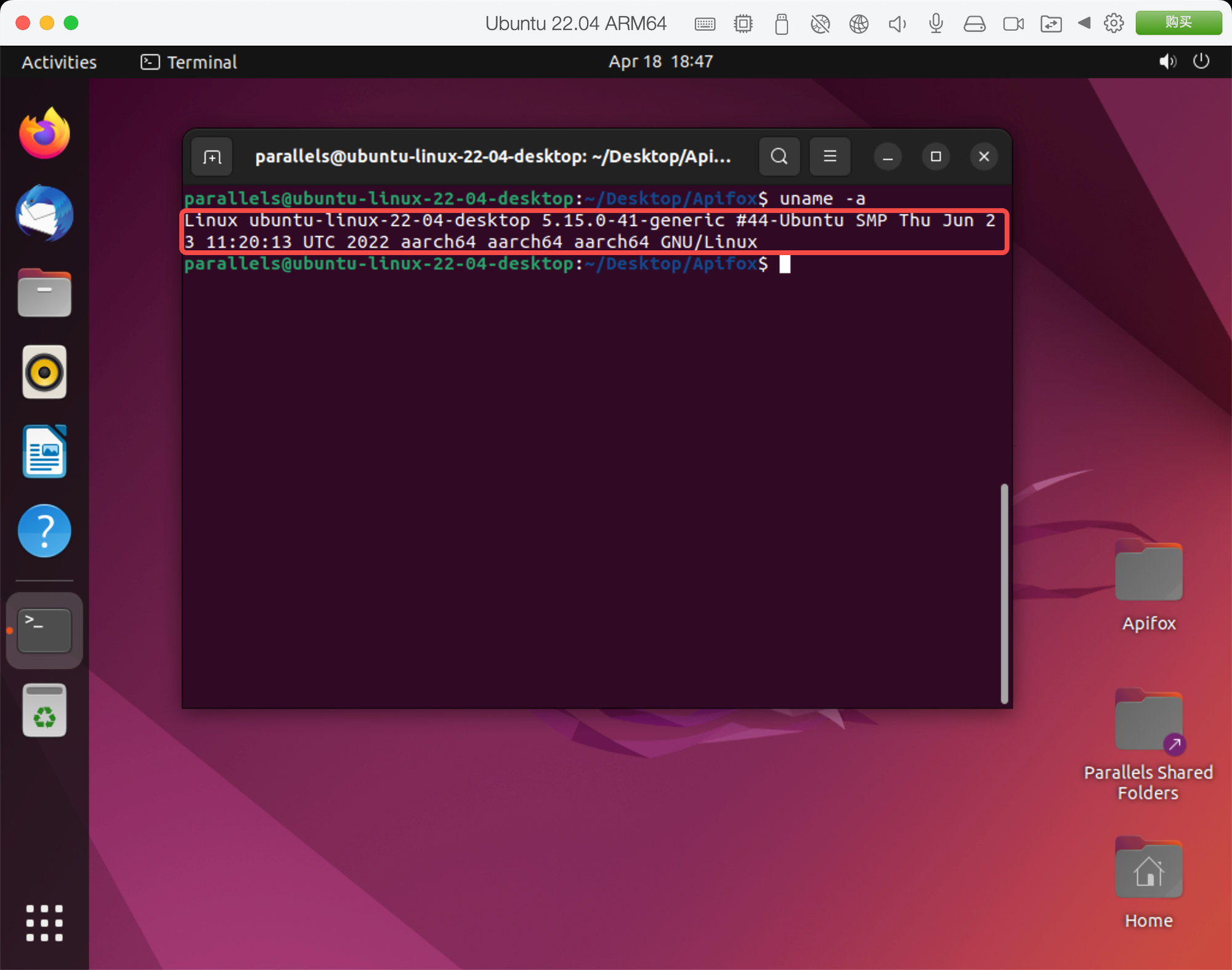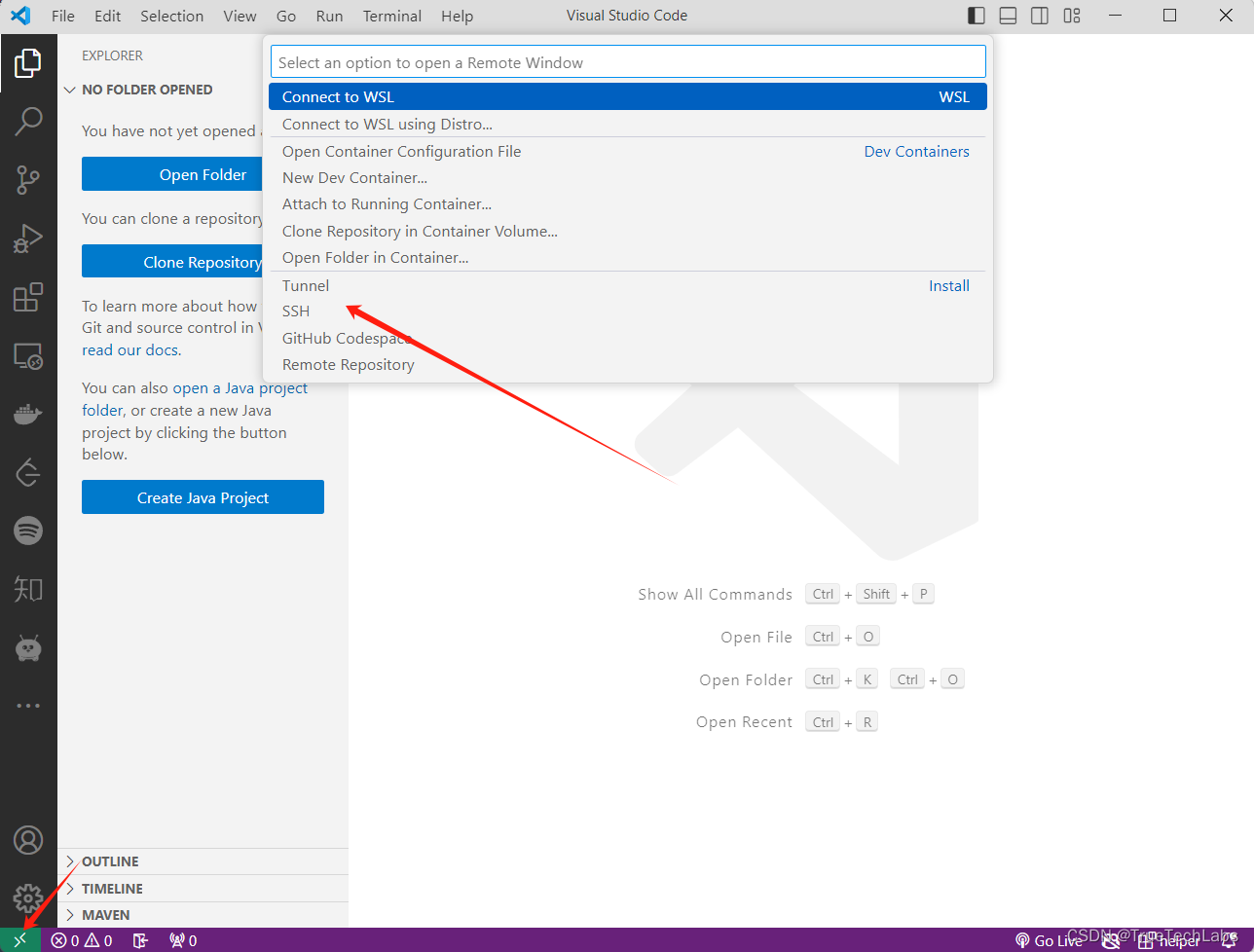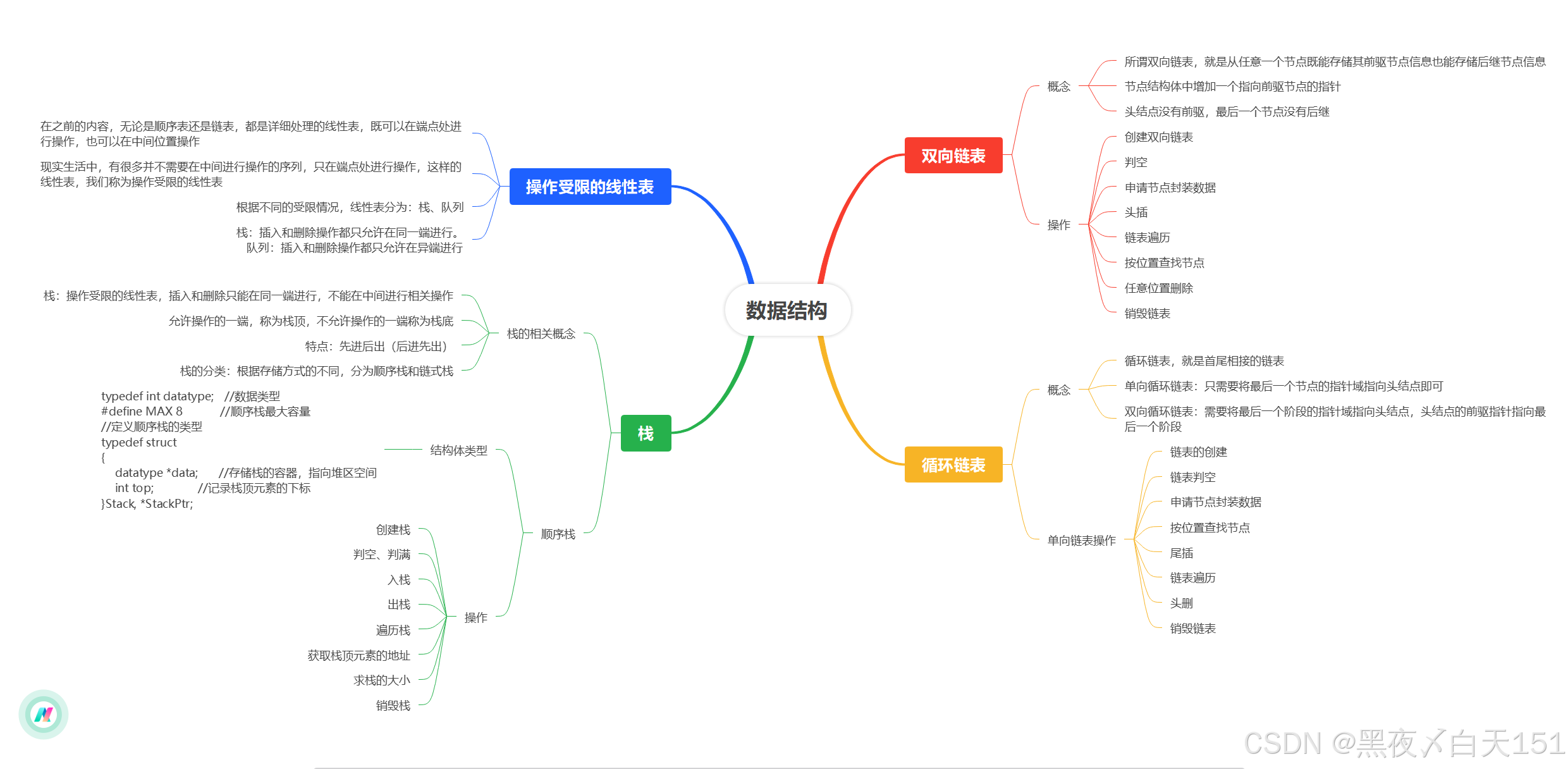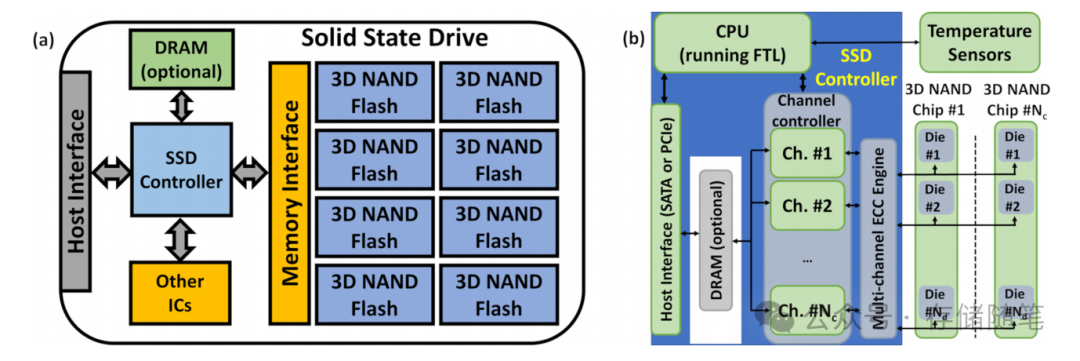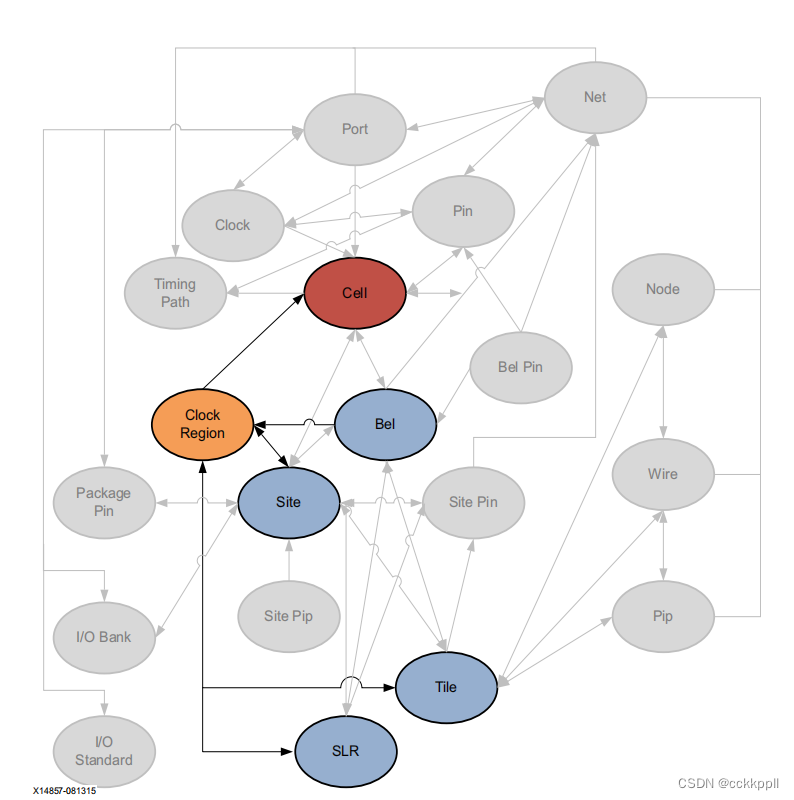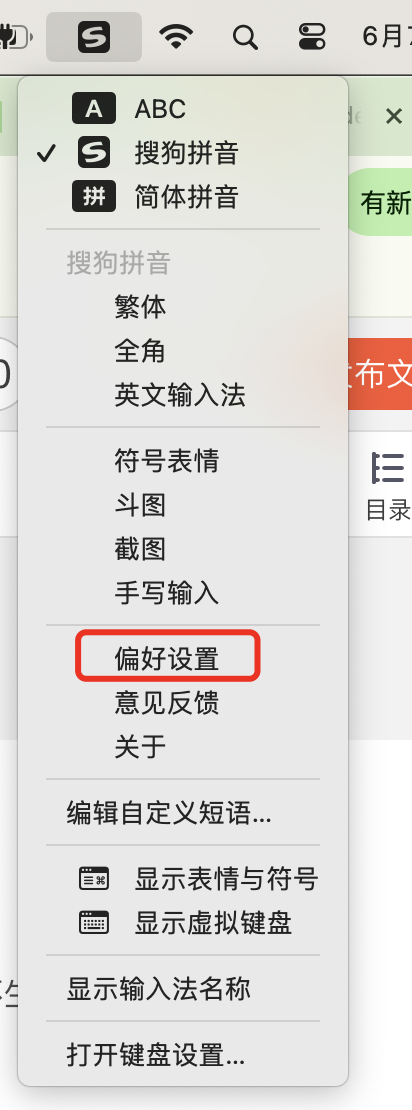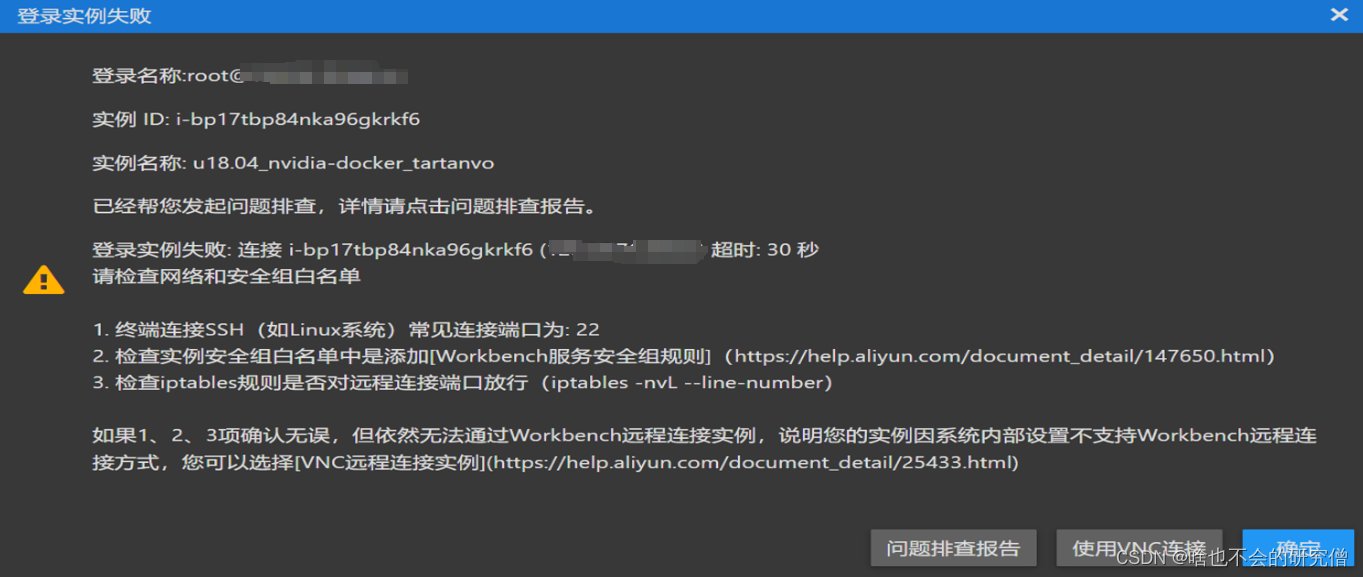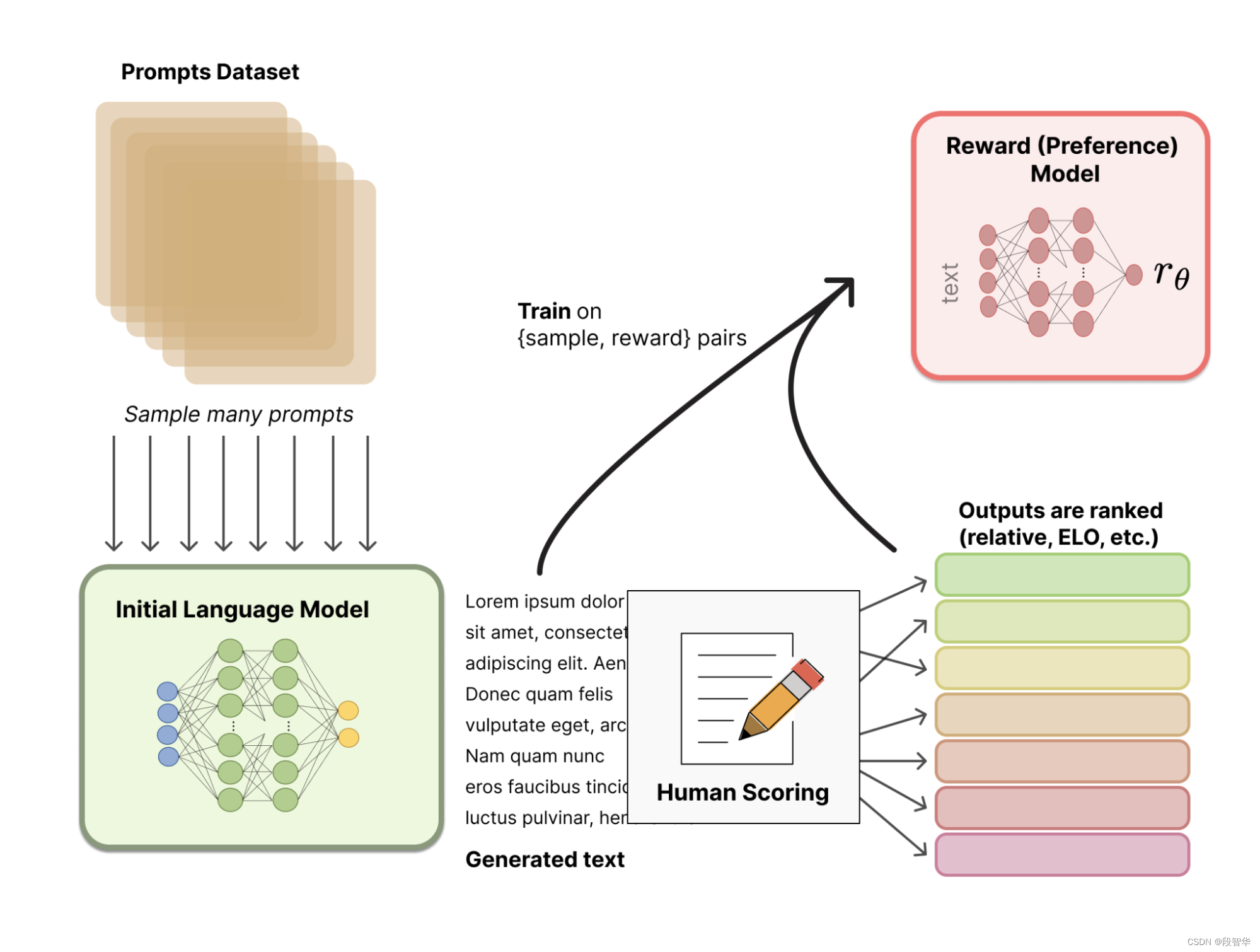Linux-struct list_head的快速使用
struct list_head {
struct list_head *next, *prev;
};
初始化
LIST_HEAD_INIT
#define LIST_HEAD_INIT(name) { &(name), &(name) }//结合LIST_HEAD看,直接next,prev赋值
#define LIST_HEAD(name)
struct list_head name = LIST_HEAD_INIT(name)//定义并初始化链表头结点
例如:LIST_HEAD(test_head);
INIT_LIST_HEAD
#define INIT_LIST_HEAD(ptr) do { \ //初始化已经定义了的链表头结点
(ptr)->next = (ptr); (ptr)->prev = (ptr);
} while (0)
例如:MSG_Q_ID QId[MAX_Q]; INIT_LIST_HEAD(&QId[msgKey].MsgQ_List);
static inline void prefetch(const void *x) {;} //prefetch预读取 目前实现为空,或许是留下接口,方便实现真正的预读取逻辑
#define list_for_each(pos, head) \
for (pos = (head)->next, prefetch(pos->next); pos != (head); \
pos = pos->next, prefetch(pos->next))
==========================================================
static __inline__ void __list_add(struct list_head * new,
struct list_head * prev,
struct list_head * next)
{
next->prev = new;
new->next = next;
new->prev = prev;
prev->next = new;
}
static __inline__ void list_add_tail(struct list_head *new, struct list_head *head)
{
__list_add(new, head->prev, head);//尾部结点:next是头部,prev是头部的prev
}
==========================================================
#define list_entry(ptr, type, member) \ //获取ptr->member
((type *)((char *)(ptr)-(unsigned long)(&((type *)0)->member)))
==========================================================
#define list_for_each(pos, head) \ //遍历head链表
for (pos = (head)->next, prefetch(pos->next); pos != (head); \
pos = pos->next, prefetch(pos->next))
#define list_for_each_safe(pos, n, head) \ //用了一个中间参数,safe?
for (pos = (head)->next, n = pos->next; pos != (head); \
pos = n, n = pos->next)
==========================================================
#define list_for_each_prev(pos, head) \ //前向遍历
for (pos = (head)->prev, prefetch(pos->prev); pos != (head); \
pos = pos->prev, prefetch(pos->prev))
==========================================================
实例
LIST_HEAD和INIT_LIST_HEAD的区别:
1. 主要是初始化部分,变量是否已经定义
LIST_HEAD => struct list_head
INIT_LIST_HEAD => struct XXX
2. 需要注意的是:以下代码运行成功的前提是:第一个成员变量类型必须是list_head
#include "list.h"
#include <stdio.h>
#include <stdlib.h>
#define WAY1
#undef WAY1
typedef struct test
{
struct list_head L;
int a;
int b;
int c;
} test;
int main()
{
#ifdef WAY1
LIST_HEAD(TEST);
#else
test TEST;
INIT_LIST_HEAD(&TEST.L);
#endif
int i;
for (i = 1; i < 10; i++)
{
test *p = NULL;
p = malloc(sizeof(test));
if (p)
{
p->a = i;
p->b = i;
p->c = i;
#ifdef WAY1
list_add_tail(p, &TEST);
#else
list_add_tail(p, &TEST.L);
#endif
printf("p->a:%d, p->b:%d, p->c:%d\n", p->a, p->b, p->c);
}
}
struct list_head *pos = NULL;
#ifdef WAY1
list_for_each(pos, &TEST)
#else
list_for_each(pos, &TEST.L)
#endif
{
test *p2 = list_entry(pos, test, L);
printf("p2->a:%d, p2->b:%d, p2->c:%d\n", p2->a, p2->b, p2->c);
}
return 0;
}
如果想设置第一个成员变量不是struct list_head类型,则如下修改:
区别就在于list_add_tail加入的结点需要指定成员。
#include "list.h"
#include <stdio.h>
#include <stdlib.h>
#define WAY1
//#undef WAY1
typedef struct test
{
int a;
int b;
struct list_head L;
int c;
} test;
int main()
{
#ifdef WAY1
LIST_HEAD(TEST);
#else
test TEST;
INIT_LIST_HEAD(&TEST.L);
#endif
int i;
for (i = 1; i < 10; i++)
{
test *p = NULL;
p = malloc(sizeof(test));
if (p)
{
p->a = i;
p->b = i;
p->c = i;
#ifdef WAY1
list_add_tail(&p->L, &TEST);//函数,参数都是指针
#else
list_add_tail(&p->L, &TEST.L);
#endif
printf("p->a:%d, p->b:%d, p->c:%d\n", p->a, p->b, p->c);
}
}
struct list_head *pos = NULL;
#ifdef WAY1
list_for_each(pos, &TEST)//pos就是list_head类型的遍历的迭代器
#else
list_for_each(pos, &TEST.L)
#endif
{
test *p2 = list_entry(pos, test, L);//pos指向test类型的L成员变量
printf("p2->a:%d, p2->b:%d, p2->c:%d\n", p2->a, p2->b, p2->c);
}
#ifdef WAY1
list_for_each(pos, &TEST)
#else
list_for_each(pos, &TEST.L)
#endif
{
test * p3 = list_entry(pos, test, L);
list_del(pos);
free(p3);
}
return 0;
}

